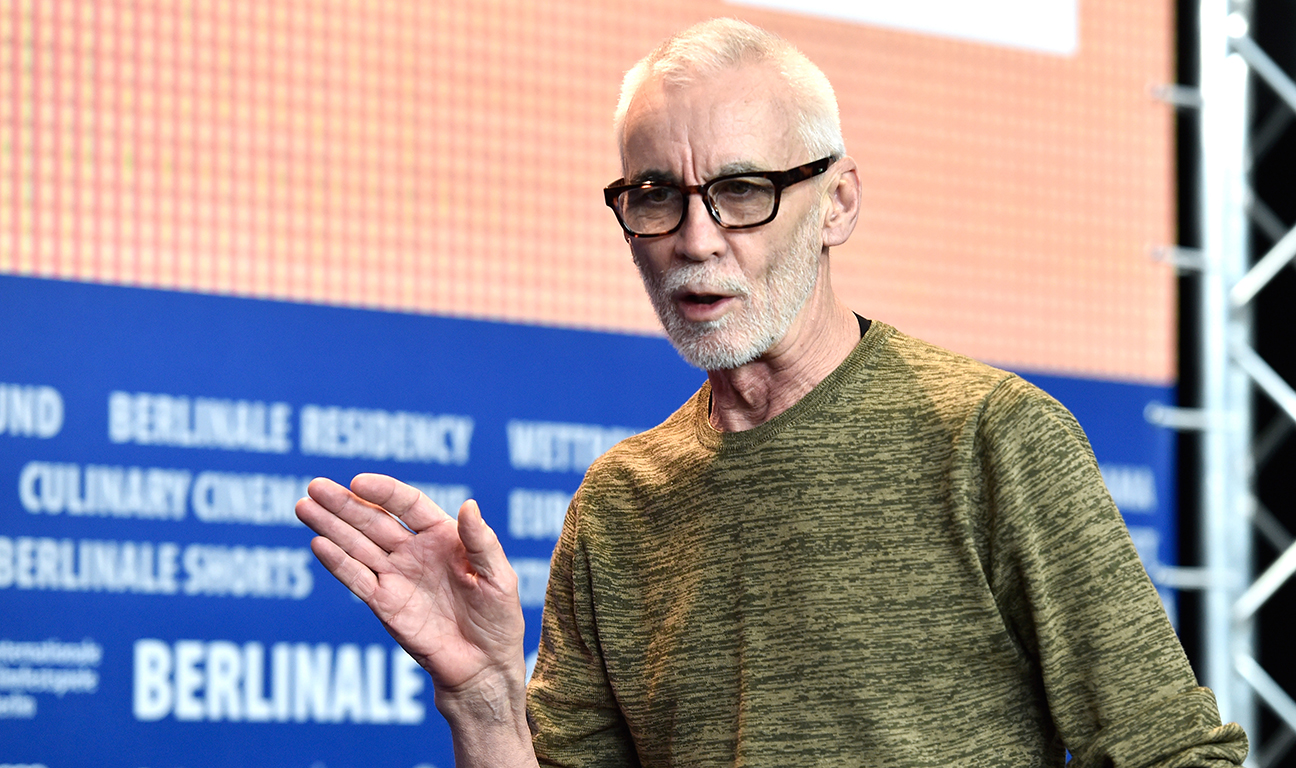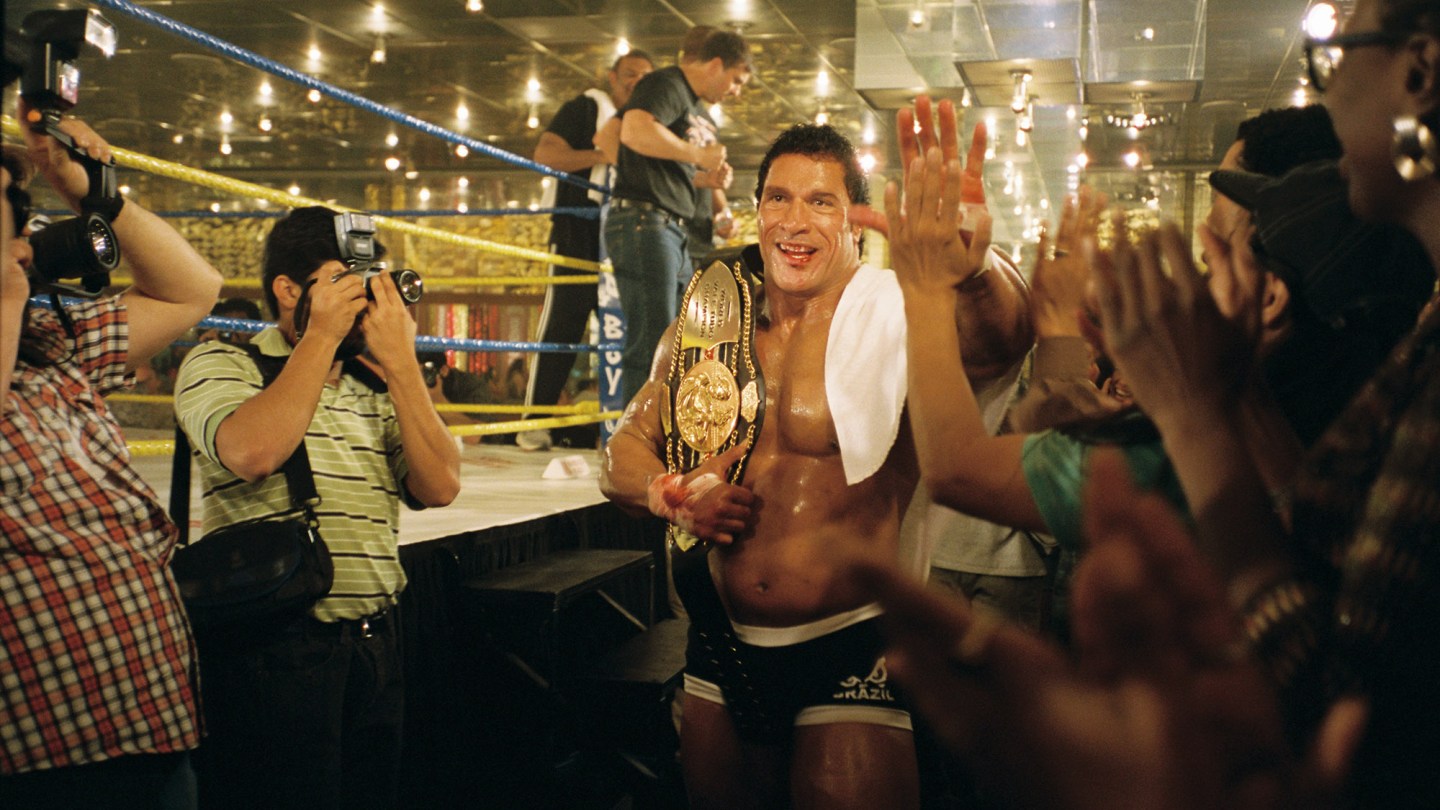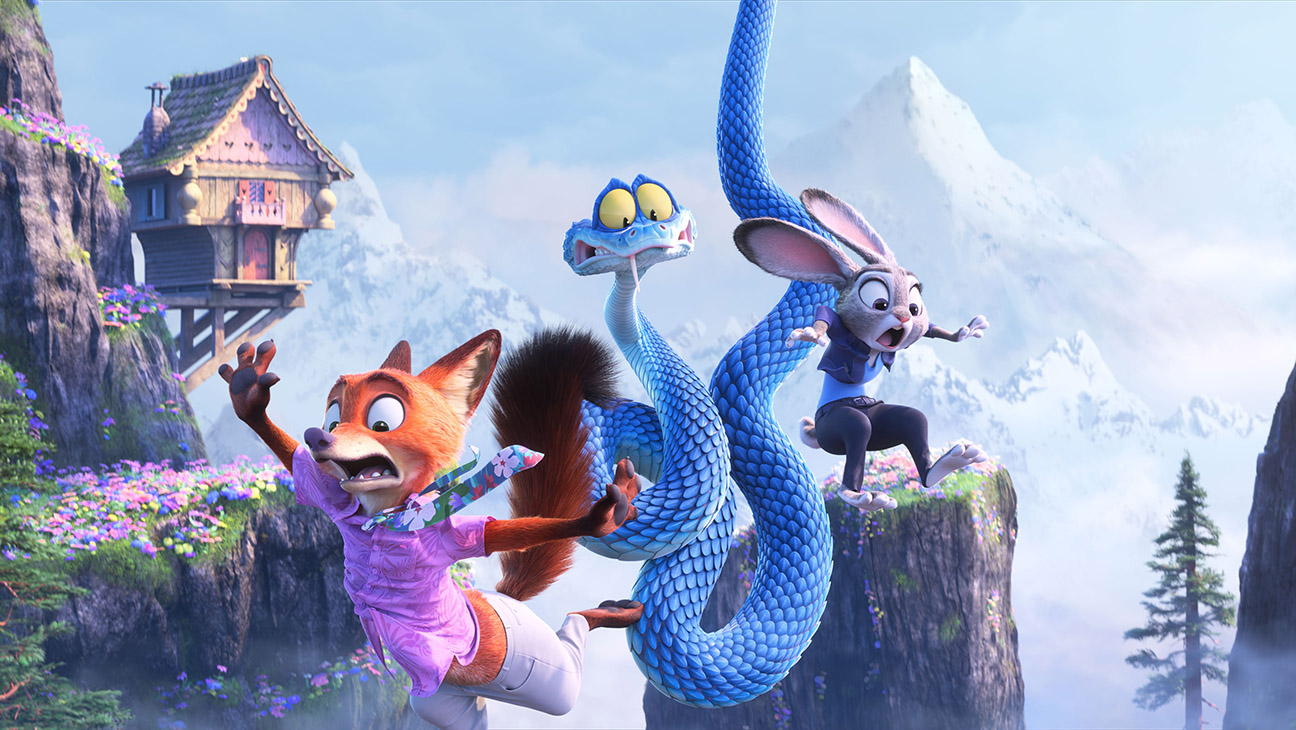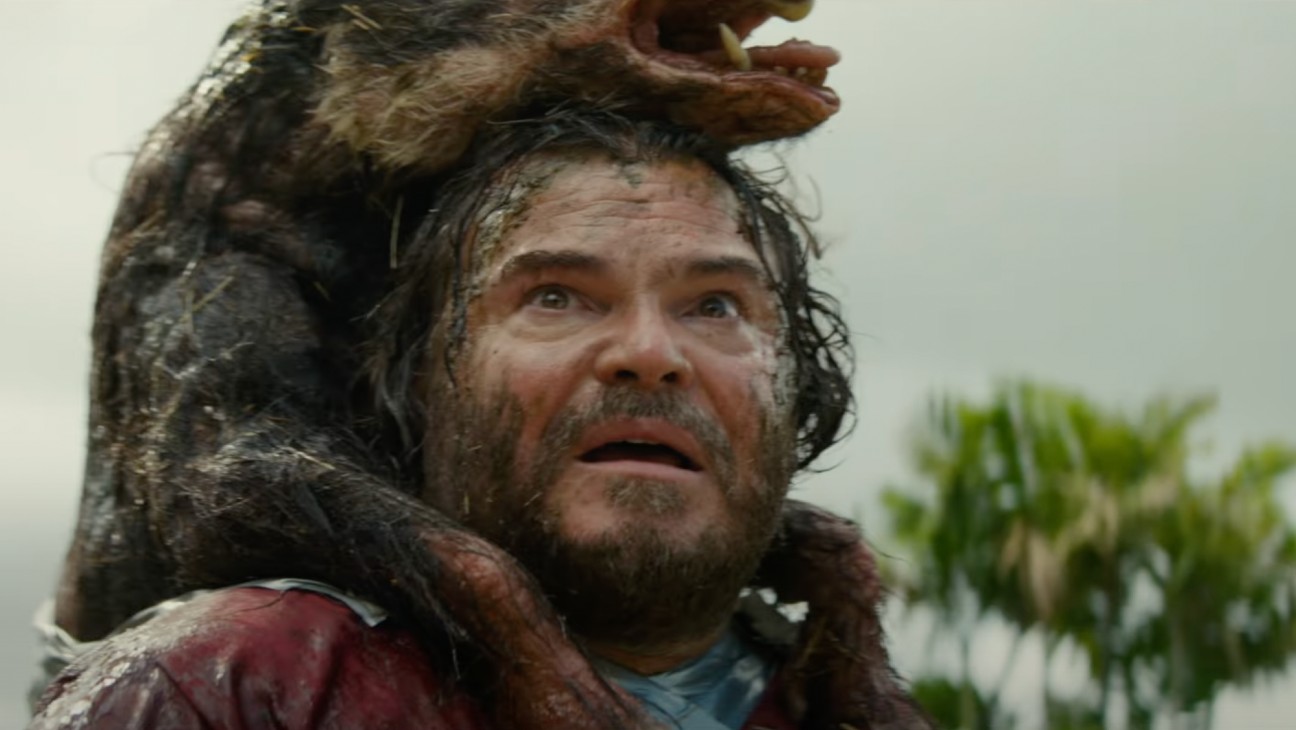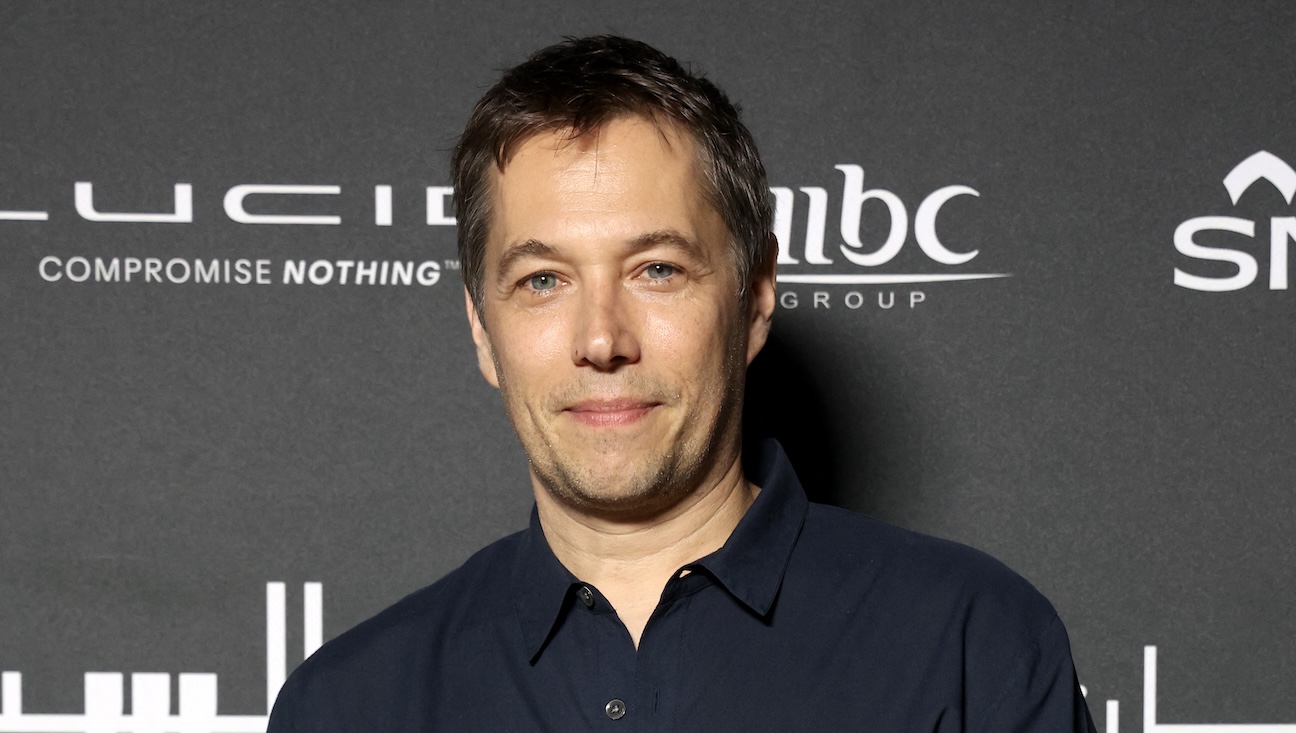Lee Tamahori, the New Zealand-born director whose debut feature, the bleak Maori drama Once Were Warriors, led to a major Hollywood career, has died. He was 75.
Tamahori’s family on Friday said he died at home after a battle with Parkinson’s disease.
“His legacy endures with his whānau, his mokopuna, every filmmaker he inspired, every boundary he broke and every story he told with his genius eye and honest heart,” they said in a statement to RNZ, the New Zealand public service broadcaster.
Tamahori broke out internationally with Once Were Warriors (1994), which debuted at Cannes and offered an unflinching look at gangs, sex and domestic violence.
The success of that brought him to Hollywood for such films as the survival drama The Edge (1997), written by David Mamet and starring Anthony Hopkins and Alec Baldwin; the Pierce Brosnan and Halle Berry James Bond pic Die Another Day (2002); the political thriller xXx: State of the Union (2005); and the Nicolas Cage starring sci-fi thriller Next (2007).
Born in Wellington in 1950, Tamahori started out as a commercial artist and photographer, then operated a boom in the late 1970s. He next became an assistant director and guided commercials and TV series during the 1980s with his production banner, Flying Fish, then directed a short film, Thunderbox (1989).
In a 2022 interview on the Paramount lot, Tamahori revealed that he first got interested in movies in New Zealand by skipping school to go to the local cinema, with action movies and American westerns his preference. “That’s what I did in my youth, sneaked into every movie I wasn’t allowed to see, and that’s how I became a filmmaker,” he recalled.
His other film credits included Mulholland Falls (1996), Along Came a Spider (2001) and The Devil’s Double (2011), plus episodes of The Sopranos and Billions.
He returned to his Maori roots with The Patriarch (2016) and then The Convert (2023), a 19th century-set historical drama starring Guy Pearce as an English minister who travels to New Zealand to preach at a British settlement, only to get caught up in the violence between warring Maori tribes.
“A charismatic leader and fierce creative spirit, Lee championed Maori talent both on- and offscreen,” his family noted.
Survivors include his wife, Justine, and his children, Sam, Max, Meka and Tané.

